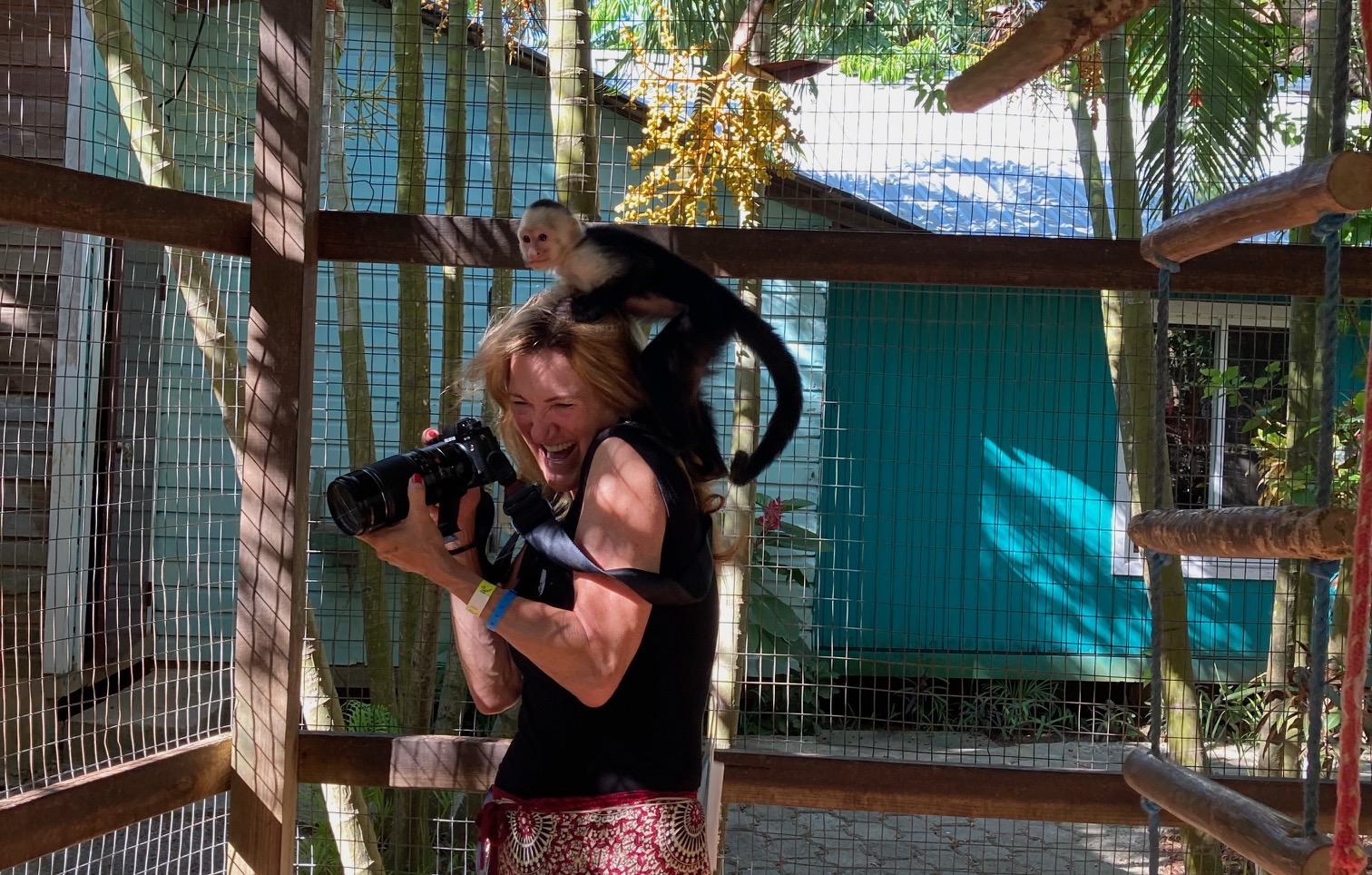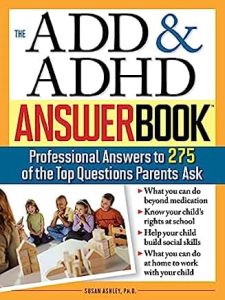“I don't think there's a right or wrong answer, and each of us has to find our own answer. Some find it quicker than others, and some never find it.”

“I’m currently a forensic psychologist.” Today’s stranger-now-friend, Susan Ashley shares in this second installment of her story. “So I deal with trauma, evaluating individuals who have suffered a trauma in determining what’s the impact of the trauma on their life now or what might be in the future.
I also do criminal forensics, where I evaluate individuals that have been arrested for a crime, are facing trial, and/or have psychological issues that either caused the crime or interfered with their ability to go to trial—and I help the judge decide what to do with the criminal defendant.
Yeah. Sometimes it is hard, particularly dealing with homeless women that have been arrested. That always just rips out my heart, because I feel like we’re missing the boat on what these people need. You know, they need so much more! And people just giving them money at the freeway, or shoes, or, you know, a goodie bag, or a certificate for a motel for a night or two—I think we are doing a big disservice to the mentally ill who are living on the streets. So much more needs to be done.
We need to go back to what we used to do before the eighties, we had state hospitals for those that were severely mentally ill. It helped those that were mentally ill function better. We had group homes. We had places for people to live. We had people taking care of them, monitoring their medications, psychiatry visits, hygiene, and medical care.
We took care of people and we’ve cut out funding for all of that. And now they’re all out on the streets. Then you add drugs and we have a big problem. We are looking in the wrong direction for the solution. It’s not just sheltering them. I think they need so much more than that.
It’s such a deep hole now and it just keeps getting bigger and bigger. Especially in Southern California. We’ve got great weather and we’ve got all kinds of things that we give people who are in that situation. We’re attracting people from all over the country. So we end up with many of these mentally ill people committing crimes simply because they’re not in their right mind. And ordinarily, they wouldn’t be committing crimes if it were not for being psychotic and/or being on drugs. So now the burden goes to the jail system and the police and the court system instead of Blue Cross and other under-funded organizations.
I really wish the governor would call me—I’d love to have a chat with him about it.”
I ask the big why.
“I think that when you become a teenager, you start to question, why am I here? And I think that’s the first sort of existential crisis that most humans have—because when you’re a little kid, you just think about the present. You know, what you’re doing here and now. When you get a little older, you start to see the bigger picture of yourself. Ask how you fit into the world where you’re born.
I don’t think there’s a right or wrong answer, and each of us has to find our own answer. Some find it quicker than others, and some never find it. So, I think if you find your answer as to why you are here, I think you will have a happier life—a sense of purpose and understanding of what you can do for other people—and what you can do for the world.
I think that’s what most of us want in life—to make an impact. Which comes right back to you, even if it’s from just one other person in your life. That’s what comes to my mind when you ask me the question: Why.”
“We cannot come to understanding, and it’s creating a lot of conflicts. You know why? Because we don’t agree, and we want to be with people that we agree with—it’s so much easier, right…”

So how do you apply that why? I ask.
“We are drawn to people that think the way we do, perceive the world the same, and have similar values to ours. And if we’re going to look at the polarization of our current climate in the United States, we’re very polarized because people have completely different philosophies.
We cannot come to understanding, and it’s creating a lot of conflicts. You know why? Because we don’t agree, and we want to be with people that we agree with—it’s so much easier, right?
To not want to listen to somebody else’s viewpoint. If I’m right or not, that’s just sociological. But hundreds of years ago we lived in smaller, tighter communities. You had to get along with people because you relied on one another. So I think you had to be more open, more tolerant, more understanding, or willing. But as society started growing, and now that many are living in big cities where there are millions of people, it’s so much easier to just ignore other people, or hate others.
Susan: What about social media?
“I can just tell you from psychological research that social media communities are causing a lot of people, not everybody, but a lot of people to experience depression rather than feeling a sense of belonging. There’s no face-to-face interaction. There’s no human touching. There’s this sort of feeling close to a small group of people, but you’re actually part of a gigantic group of people—and that doesn’t bring in much social reward.
Then there’s the facade of social media—it’s not a reflection of reality. It’s more of an advertising campaign for people. In particular, the more social media people participate in, the more depressed they get, the more unhappy they become, and the lower their self-esteem falls—it’s all about comparing yourself to the other person.
And there aren’t the social graces that you have in face-to-face interaction. People say things on social media that I assume they would never say face-to-face. Things that are very brutal and cruel. All because they’re hiding behind a computer and you don’t have to deal with somebody in real-time.”
Okay, to the question of the month. What would you like to say to other women?
“I think the world would be a much calmer place if women were in charge, and I think women should just keep working to be in charge more.
We wouldn’t have the wars that we have. I think women have more sense of community and more sense of emotional connection.
So it sounds fair to me and all, that eventually, we will have more women in power. But it is an uphill fight. Some women are helping with that fight, and some are still keeping women in the role of sex objects. That’s s a big problem with the shift; and, men getting on board with women having a lot more to offer other than being sexy. We have so much focus on that, and so many women participate in keeping the idea going.
So many females get pushed that it’s more important to be sexy and trendy. You see that all over our social media. You see it everywhere. The message to women to young girls to teenagers—sexy and beautiful. It’s what gets you money, fame, fortune, and you know, a good husband—and that’s a shame. It’s a real shame.”
So where do we start?
“For sure, your common sense and self-worth start at home. I think the most important thing parents should think about is: What they are allowing their child to feed their mind with? What are they seeing on TV? What are they viewing on YouTube and social media? What are they watching on Netflix and reading in magazines? Are they looking at what fills their minds and shapes their character? At things that help them decide where they’re going in life. Or are they following what they’re being fed? And there is a lot of food out there.”
Susan, you have fed us well. Your observations are current and you council wise. And for all of us taking in what she has to offer, may we all be unified in propelling the power of womanhood…
…and Governer—It’s time to give Susan a call!
Talk tomorrow my good friends,
Richard
Susan’s Books





